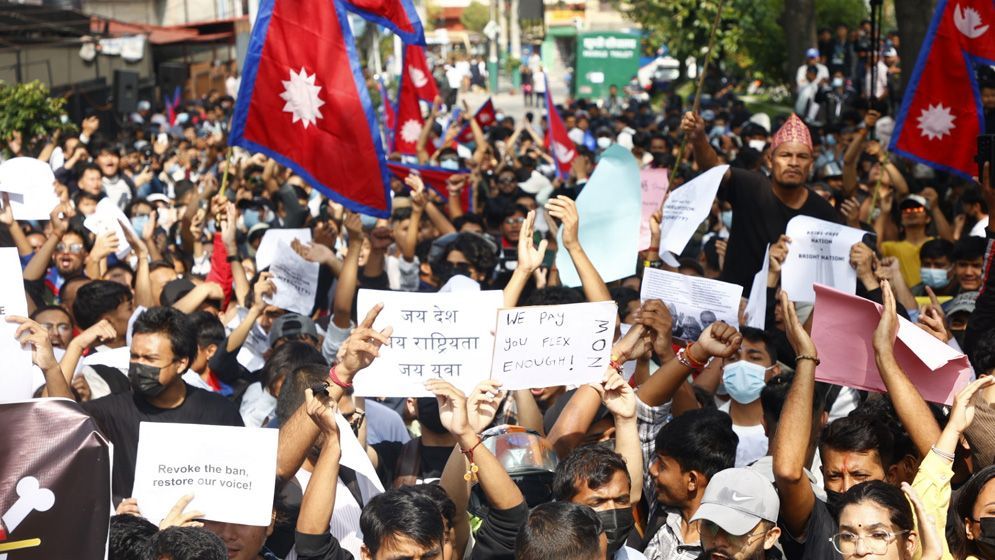Nepal is facing one of its worst crises in decades, driven by political instability, corruption, and deep-rooted party favoritism, according to political analyst Rajendra Bajgain. Speaking to The Himalayan Times, Bajgain warned that merely replacing the prime minister will not solve Nepal’s growing turmoil. He argued that the federal system, intended to promote accountability, has instead turned into a “factory of corruption,” plagued by bribery and political interference from local governments to national ministries. Bajgain cited major infrastructure failures, such as the Pokhara and Lumbini international airports, which became costly burdens due to poor planning and policy-level corruption. He cautioned that direct election of the prime minister could lead to dictatorship if structural reforms are ignored. To revive Nepal, Bajgain urged reducing local government units by 60%, introducing public-private partnerships for state enterprises, ensuring independent financial oversight, prosecuting corrupt officials, and adopting clear national development strategies like those of Singapore and Malaysia.

